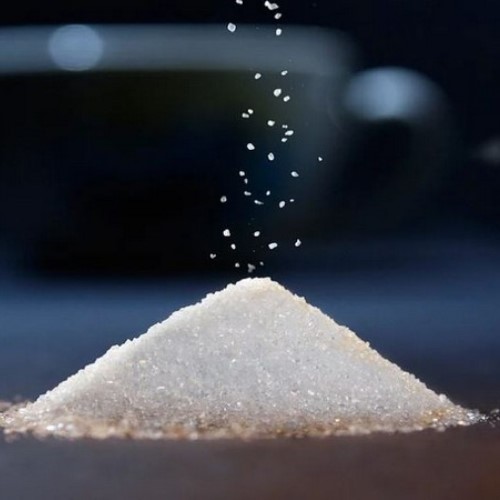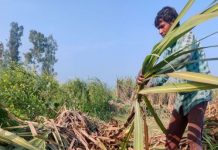A series of consecutive deficits, adverse weather conditions affecting key crops, and shipping constraints are evoking memories of 2010 and 2011 for the world’s premier sugar trading company, reported Bloomberg.
During that period, sugar prices reached a three-decade high. Mauro Angelo, the CEO of Alvean, a trading house under the control of Brazilian producer Copersucar SA, has drawn parallels, stating, “Current conditions are eerily similar.”
Alvean anticipates deficit in the upcoming season due to a bleak outlook for India’s crop, which is poised to further reduce global sugar stockpiles. Adding to the challenges, the leading sugar producer, Brazil, is grappling with logistical bottlenecks, which will impact the global supply shortfall.
Angelo explained, “Rains in India have been horrible and water reservoirs are extremely low, so the next crop could be even worse than the current one.”
India is not expected to export any sugar for the recently commenced season, a shift from two seasons ago when exports reached as high as 11 million tons. Consequently, global markets are now heavily reliant on Brazil, making sugar prices acutely sensitive to factors such as untimely rains that could disrupt harvests or lead to delays in ship loadings.
Sugar is already accumulating in Brazilian ports, even as the country’s infrastructure operates at peak capacity. A bountiful harvest of soy and corn has created competition for space in ports and railroads, and recent heavy rains have prolonged the waiting time for ships to load.
Alvean’s CEO noted that logistical challenges have likely prevented Brazil from shipping at least 1 million tons of sugar in October, a deficit that will be challenging to make up in the ensuing months. Overcrowded ports are unlikely to have the capacity for additional volumes, and soon a new soybean crop will occupy storage space once again.
With minimal sugar stocks held in countries that rely on imports to meet their demand, Angelo highlights the risk of supply chain disruptions.
















